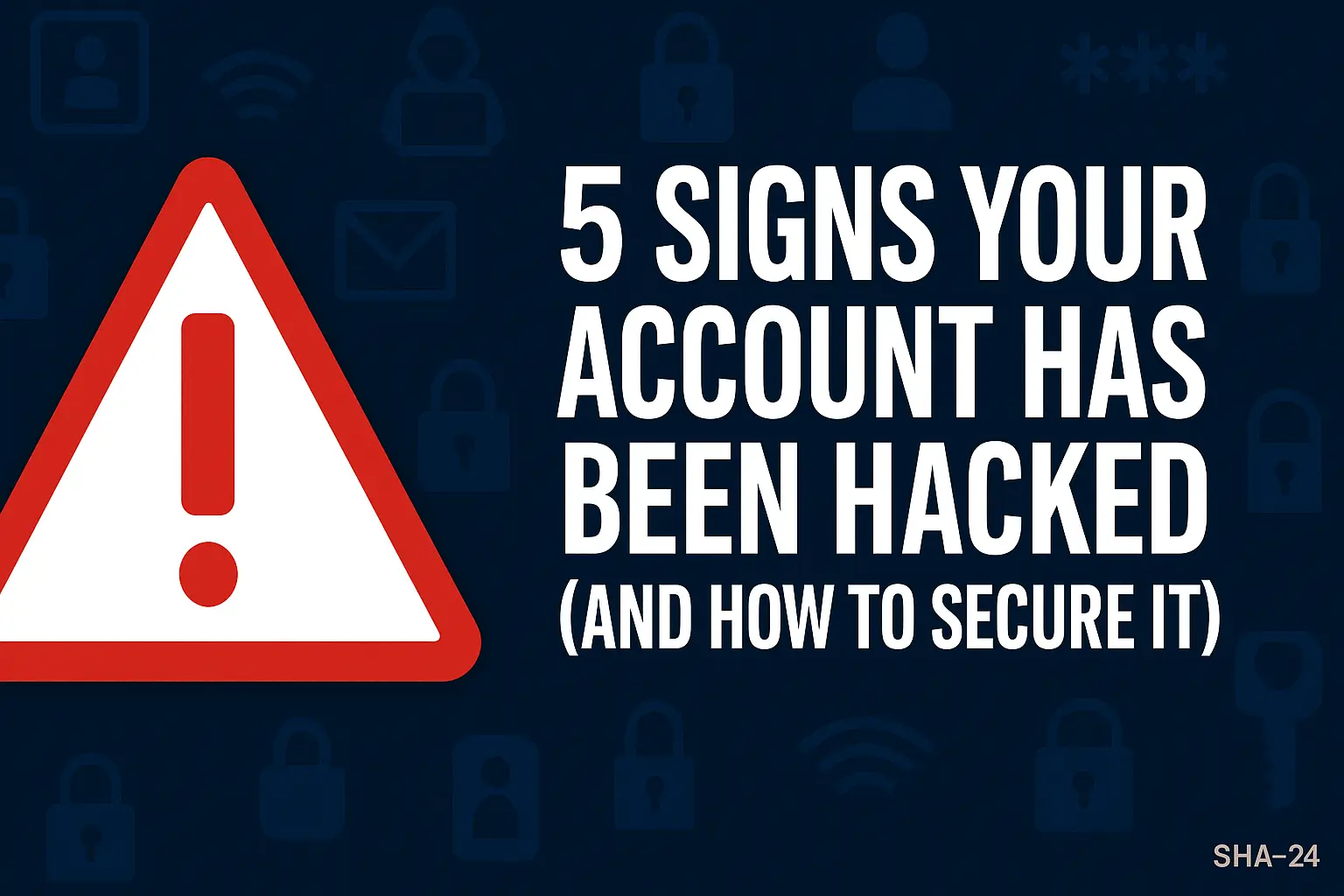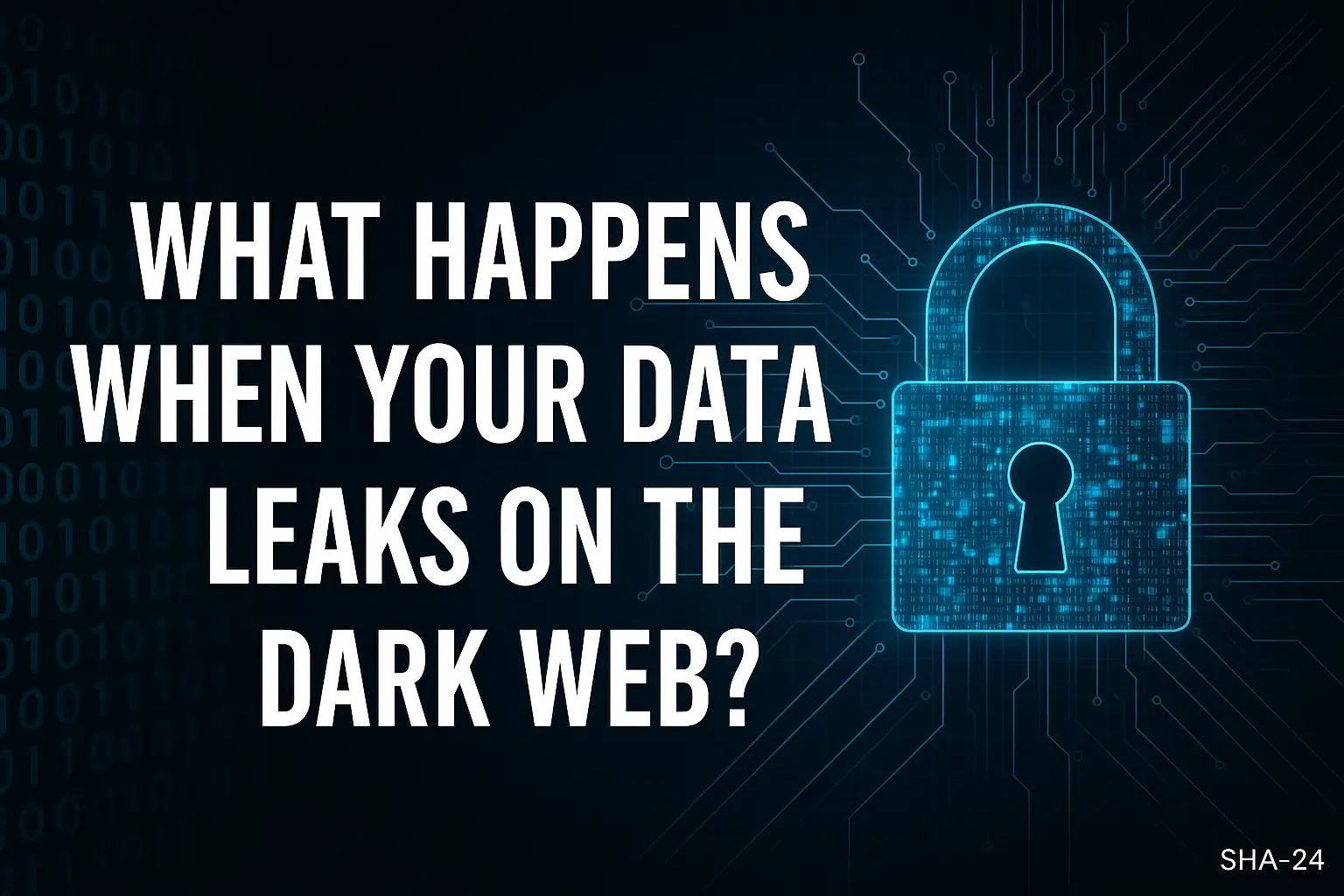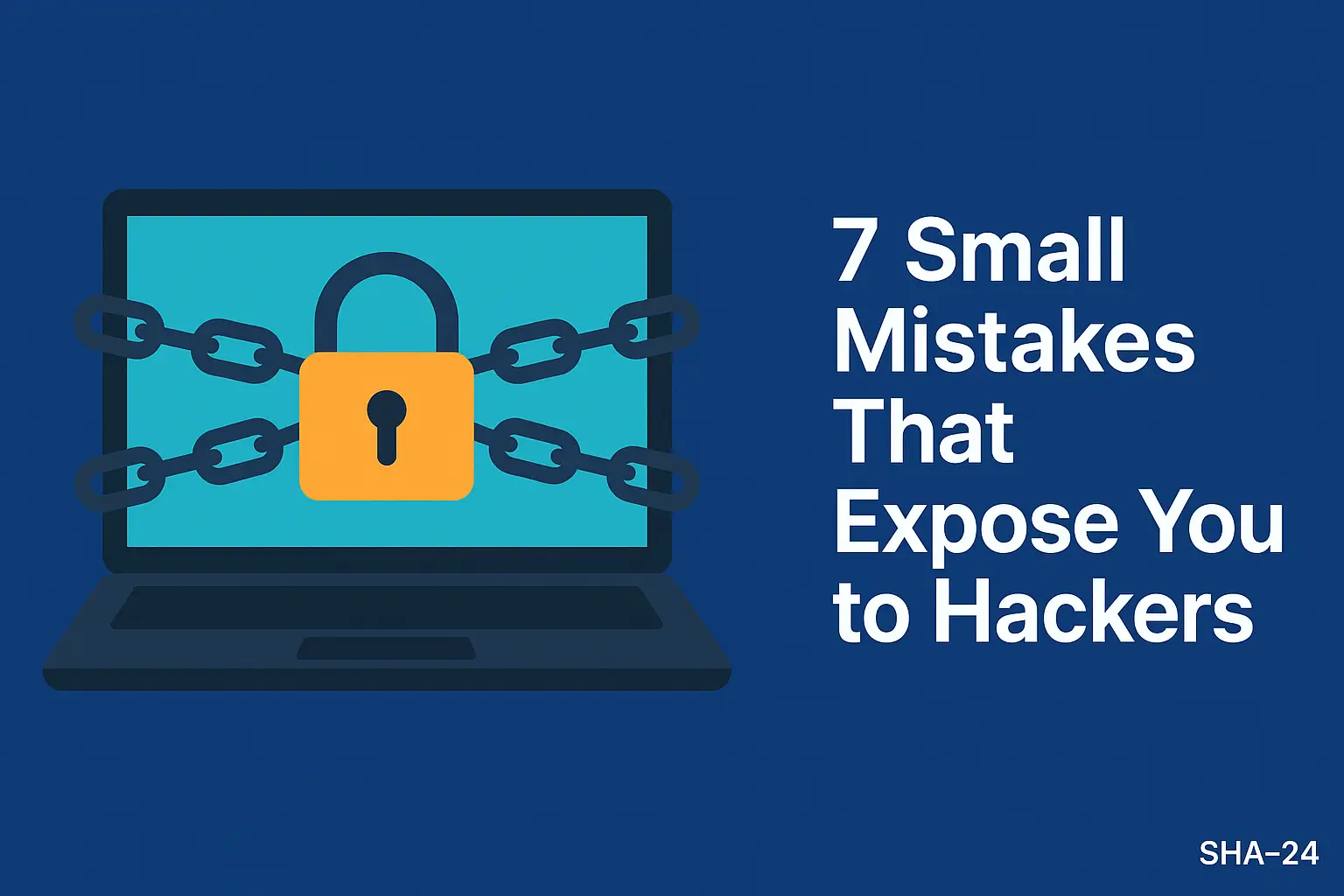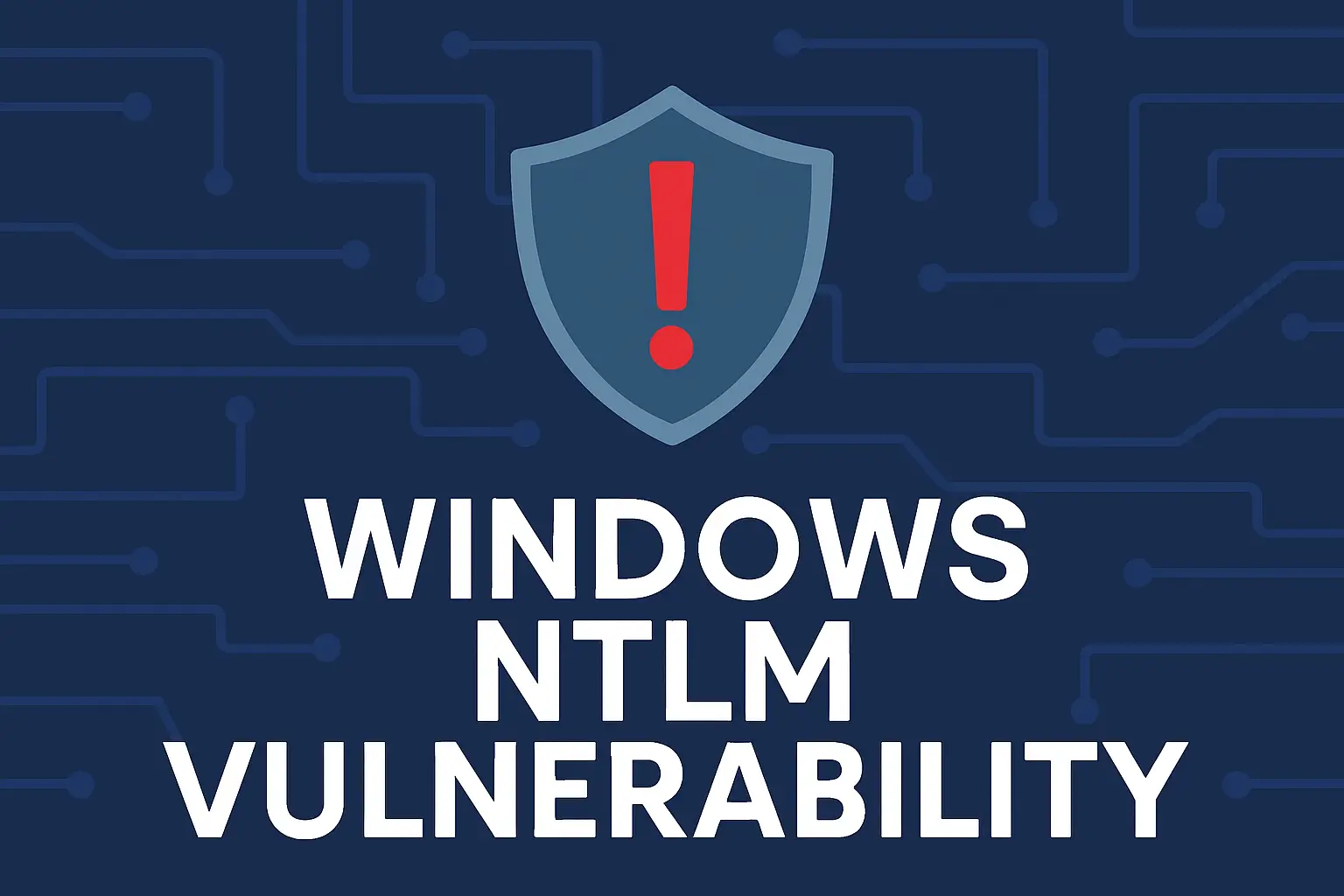Published on May 24, 2025
Why Your Password Is Easy to Guess
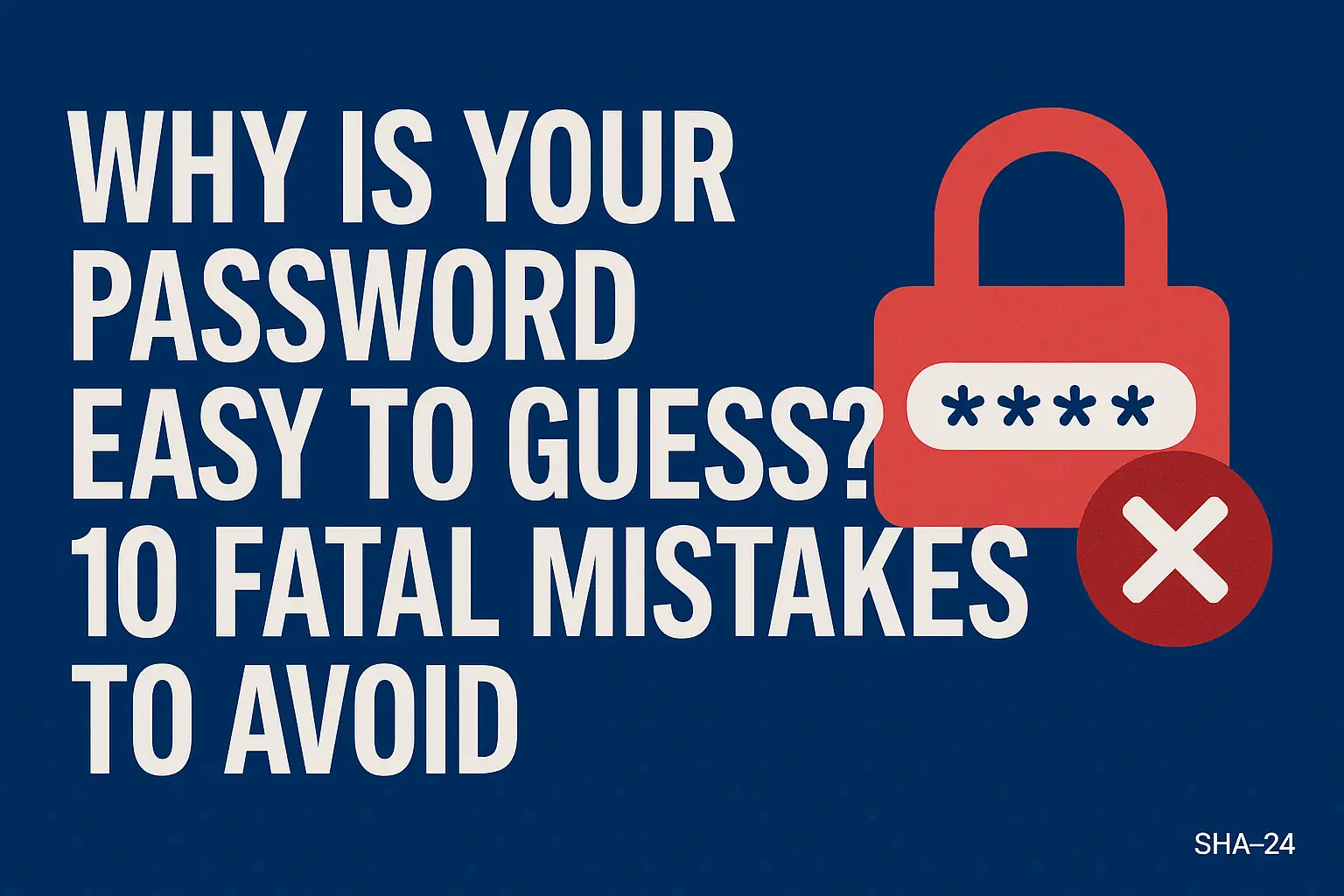
In today’s hyper-connected world, your password is your first line of defense against cyber threats. Despite this, millions of users still fall into the trap of creating weak, predictable, or recycled passwords. This not only puts your personal data at risk but also threatens your financial security and digital identity.
So why is your password so easy to guess? In this in-depth guide, we’ll expose the 10 fatal password mistakes most people make—and how to fix them for good. Whether you’re a tech novice or a seasoned internet user, these tips are essential for building stronger, smarter digital habits.
Mistake #1: Using Common Passwords
The most commonly used passwords like “123456,” “password,” or “qwerty” are the first to be tried by hackers using brute-force or dictionary attacks. According to security reports, millions of accounts are compromised every year simply because users choose these weak credentials.
Fix: Use a complex password that includes uppercase and lowercase letters, numbers, and special characters. Better yet, use a password manager to generate and store secure passwords.
Mistake #2: Reusing the Same Password for Multiple Accounts
If a hacker gains access to one of your accounts, they can potentially gain access to all of them if you use the same password everywhere. This technique is called “credential stuffing.”
Fix: Always use a unique password for each online account. Tools like LastPass, 1Password, or Bitwarden make this easy and secure.
Mistake #3: Short Passwords
Short passwords are significantly easier to crack using modern algorithms. An 8-character password can be cracked in seconds, depending on complexity.
Fix: Aim for at least 12-16 characters. Longer passwords provide exponentially more security.
Mistake #4: Personal Information in Passwords
Using your name, birthday, pet’s name, or favorite sports team is a bad idea. This information can often be found on your social media profiles.
Fix: Avoid using any easily guessable personal data. Mix random words or use a passphrase combined with special characters.
Mistake #5: Ignoring Two-Factor Authentication (2FA)
Even if you have a strong password, not enabling 2FA leaves a security gap. Without it, hackers only need one piece of information—your password.
Fix: Always enable 2FA for your accounts. Use authenticator apps like Google Authenticator or Authy instead of SMS for better security.
Mistake #6: Falling for Phishing Scams
Phishing emails often trick users into revealing their passwords. These attacks are increasingly sophisticated and hard to detect.
Fix: Never click on suspicious links. Always verify the sender’s email address and use browser extensions that block known phishing sites.
Mistake #7: Not Updating Passwords Regularly
Keeping the same password for years increases the chance it may eventually leak in a data breach.
Fix: Change your passwords periodically, especially for critical accounts like email and banking.
Mistake #8: Saving Passwords in Browsers
While convenient, browser-saved passwords are vulnerable if your device is compromised.
Fix: Use dedicated password managers that offer encrypted vaults and two-factor access.
Mistake #9: Ignoring Breach Notifications
If a service you use has experienced a data breach and you don’t act, you’re inviting disaster.
Fix: Use sites like HaveIBeenPwned.com to check if your credentials were compromised. Change passwords immediately when alerted.
Mistake #10: Sharing Passwords with Others
It might seem harmless to share your Netflix or email password with a friend, but it increases the chance of misuse or leaks.
Fix: Avoid sharing passwords. If you must, use secure methods like password-sharing features in trusted managers.
Bonus Tips for Bulletproof Password Hygiene
- Use a combination of random words (e.g., “Giraffe!Puzzle?Sunshine3”)
- Don’t write passwords on paper or store them in plain text files
- Use biometric authentication when possible
- Log out of accounts after use on public or shared devices
Final Thoughts
Your password is the key to your digital life. Treat it as you would a real-world key to your house or bank account. With cybercrime on the rise, taking a few extra minutes to improve your password practices can save you from months—or even years—of damage and recovery.
Make the commitment today to avoid these 10 fatal mistakes and strengthen your digital security. Your future self will thank you.
Stay safe, stay smart, and don’t make it easy for hackers.

